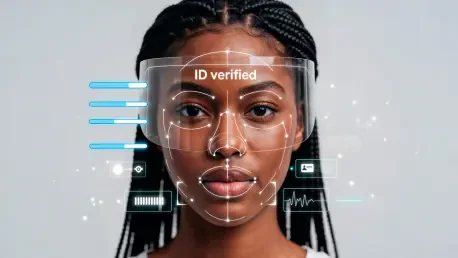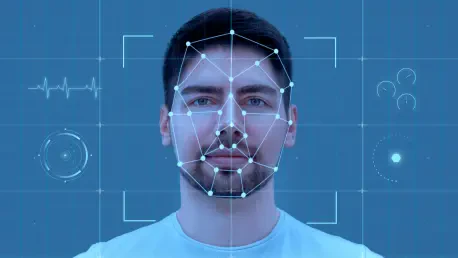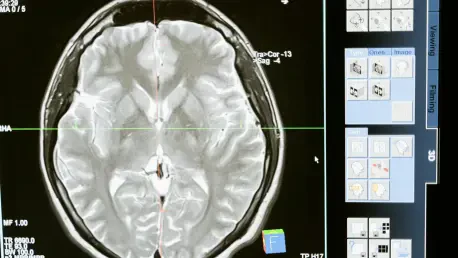
In a startling revelation that has sparked widespread concern among civil rights advocates, reports have emerged detailing how the New York Police Department (NYPD) may be sidestepping its own policies on facial recognition technology, potentially leading to significant violations of individual

In the heart of Downtown Chicago, a tragic and violent incident on a sunny June day in 2021 shook the community when Anat Kimchi, a 31-year-old graduate student from the University of Maryland, was fatally stabbed in an unprovoked attack near Wacker Drive and Van Buren Street. The accused, Tony

In the heart of Britain’s bustling cities and sprawling public events, a quiet technological revolution is unfolding, one that scans millions of faces in real time without most individuals even noticing, raising profound questions about privacy. This widespread deployment of facial recognition

Facial recognition technology has been heralded as a game-changer for security and identification, promising near-perfect accuracy in controlled testing environments, yet it often stumbles when deployed in the unpredictable chaos of real-world scenarios. High-profile benchmark tests, such as those

In a move that has ignited fierce debate across the city, the Milwaukee Police Department (MPD) and County Sheriff’s Office are considering a significant deal to acquire facial recognition technology (FRT) licenses from Biometrica Systems Inc., a Nevada-based software developer. This arrangement,

Imagine a world where machines can see and interpret their surroundings with the same nuanced understanding as the human eye, adapting effortlessly to diverse tasks across industries like agriculture, healthcare, and robotics. This vision is becoming a reality through groundbreaking advancements in